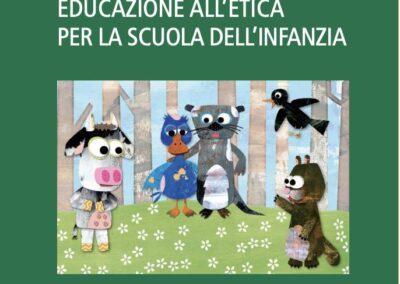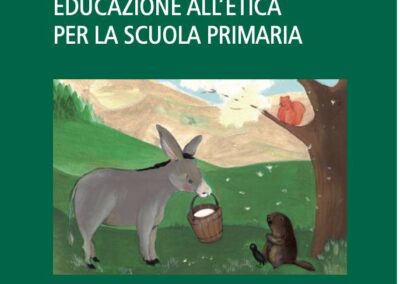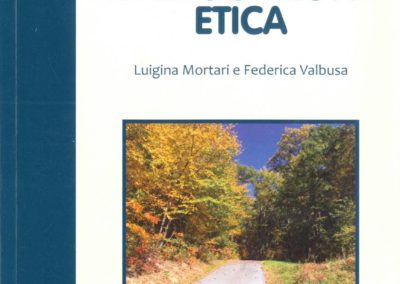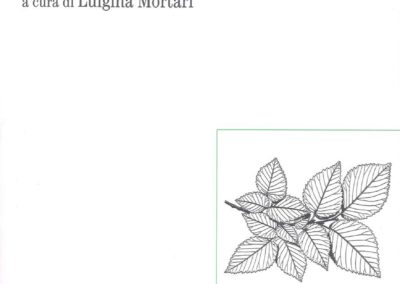Care and ethics

In a time of strong individualism, it results unavoidable to recover the reflection on ethics, that for the ancient thinkers was based on the research for the good, on how to build a good life, where the relation with the others is based on taking care and virtuous acting. Nowadays, “virtue” sounds as an obsolete word, heritage of a tradition –the Socratic and Aristotelian one– that, even if it is foundational of the western culture, seems incapable to speak to the current society. However, it is precisely on virtues that a community oriented to the common good is founded.
The ethical education, intended as education to virtues and thought in the perspective of education of the citizenship, appears to be essential from the first education levels. School represents a privileged context where to make the students learn to reason under an ethically oriented perspective: the school context, in fact, encourages the promotion of communities of thinking, where the students, by dialoguing among them on the essential issues, can learn to think on their own. If it is true, as Plato suggests, later resumed by Hannah Arendt, that the thought has a dual essence – constituting itself as an interior dialogue of the mind – , then it is precisely encouraging the dialogical practice of thinking with the others that it is practiced and educated. And the current society manifests an enormous need of thought, critical and reflective, on the ethical issues that concern all of us.
Starting from this perspective, the Center proposes:
- project MelArete, an educative and research path on the ethical education for the citizenship, in the horizon of the philosophy of care; the project , that provides a focus on the virtues of courage, generosity, respect, justice, friendship and gratitude, involves the students in kindergarten, primary and secondary schools;
- laboratories for the building of experiences of ethical education for the citizenship inside scholastic contexts of different order and degree;
- training activities for the future teachers and in service teachers on the instruments and activities that the research shows to be efficient in promoting the ethical education of the citizenship.











